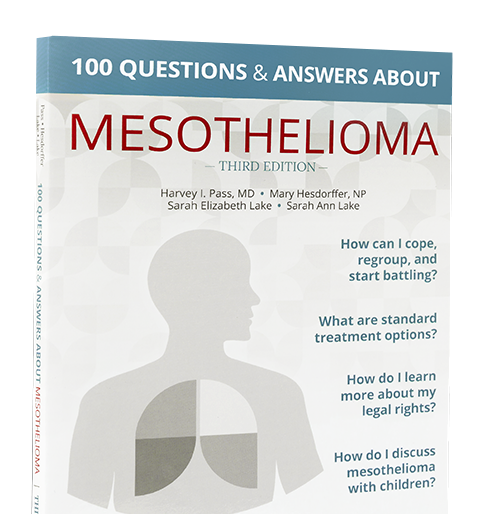Researchers at the University of Florida (UF), Gainesville have discovered that two drugs approved by the U.S. Food and Drug Administration (FDA) for the treatment of ovarian cancer also kill malignant pleural mesothelioma cells (MPM). The study, which appeared in the journal Cancer Chemotherapy and Pharmacology, showed that the two drugs, clinical PARP1 inhibitors known as niraparib and olaparib, markedly decreased clonal survival in all MPM cell lines tested, regardless of BAP1 status. The researchers noted that between “23 and 64% of MPMs have somatic inactivating mutations in the BAP1 (BRCA1-associated protein 1) gene.”
“PARP1 inhibition at clinically relevant concentrations resulting in significant cytotoxicity in MPM demonstrates that agents such as olaparib and niraparib are promising for use in the treatment of MPM, for which effective treatment is desperately needed,” said the researchers. “Thus, clinical trials of PARP inhibitors in this difficult to treat malignancy would be warranted. These data are also a further demonstration that other malignancies with acquired defects in HR may be responsive to PARP1 inhibition. Studying the effects of PARP1 inhibition in the other BAP1-mutant malignancies, such as renal cell carcinoma and cholangiocarcinoma, would be especially important, since cancers also have little beneficial therapy once initial resection has failed.”
Niraparib (Zejula) was approved on March 27, 2017 to treat women with advanced ovarian cancer. Taken as a pill, the drug was approved based on a randomized trial of more than 550 patients who had already experienced a recurrence of their high-grade serous ovarian, fallopian tube, or primary peritoneal cancer.
On Aug. 17, 2017, the FDA granted regular approval to olaparib tablets (Lynparza, AstraZeneca) for the maintenance treatment of adult patients with recurrent epithelial ovarian, fallopian tube, or primary peritoneal cancer, who are in a complete or partial response to platinum-based chemotherapy. The approval in the maintenance setting was based on two randomized, placebo-controlled, double-blind, multicenter trials in patients with recurrent ovarian cancers who were in response to platinum-based therapy. The trials consisted of 295 and 265 randomized patients.
UF researchers are hopeful that niraparib and olaparib will follow the same path and achieve FDA approval for the treatment of MPM.
Sources
"FDA Approves Niraparib as Maintenance Therapy for Recurrent Ovarian Cancer." National Cancer Institute. U.S. Department of Health and Human Services (HHS), National Institutes of Health (NIH), 12 Apr. 2017. Web. 15 Nov. 2017.
Srinivasan, Gayathri, and Gurjit Singh Sidhu. "Synthetic Lethality in Malignant Pleural Mesothelioma with PARP1 Inhibition." Cancer Chemotherapy and Pharmacology. Springer Berlin Heidelberg, 29 July 2017. Web. 15 Nov. 2017.
“FDA approves olaparib tablets for maintenance treatment in ovarian cancer.” U.S. Food and Drug Administration (FDA). FDA, 17 Aug. 2017. Web. 15 Nov. 2017.





